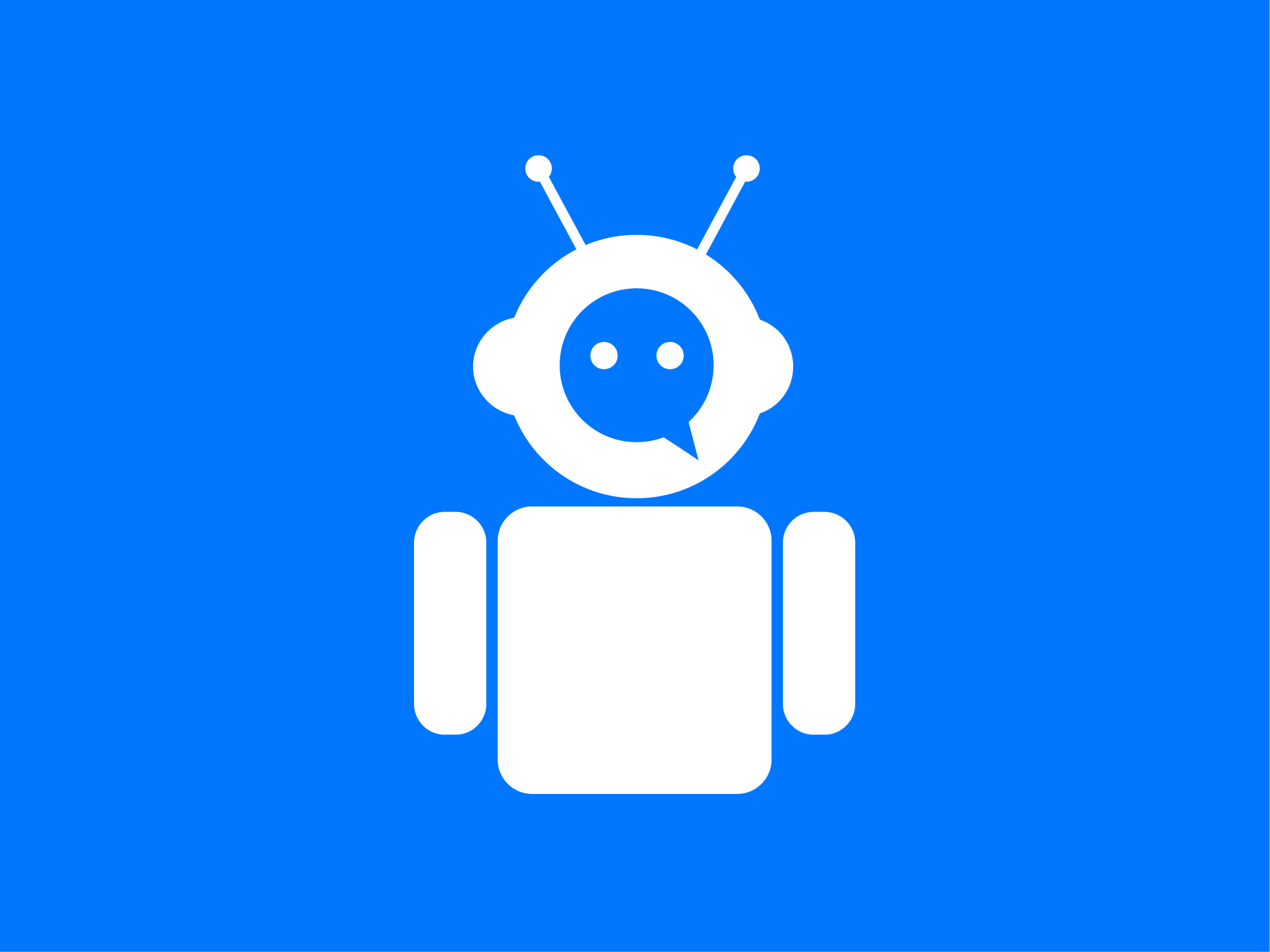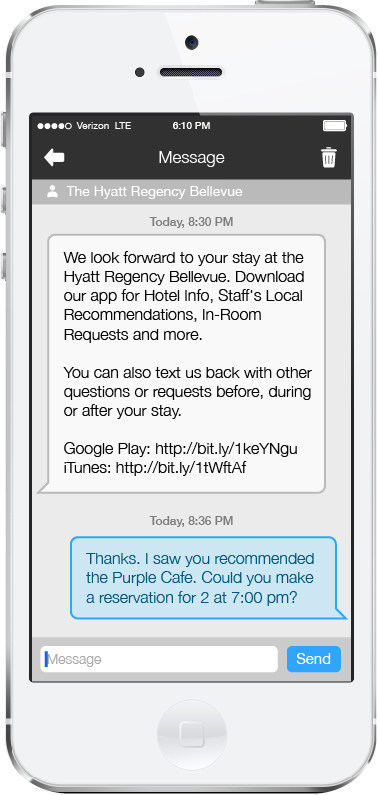The Boom and Future of Bots
Chat bots are overtaking the planet. Or so it seems. Consumers can now book a flight, hail a ride, reserve a hotel room, buy clothes, manage their bank accounts online — now all without ever leaving the convenience of Facebook Messenger. There...

